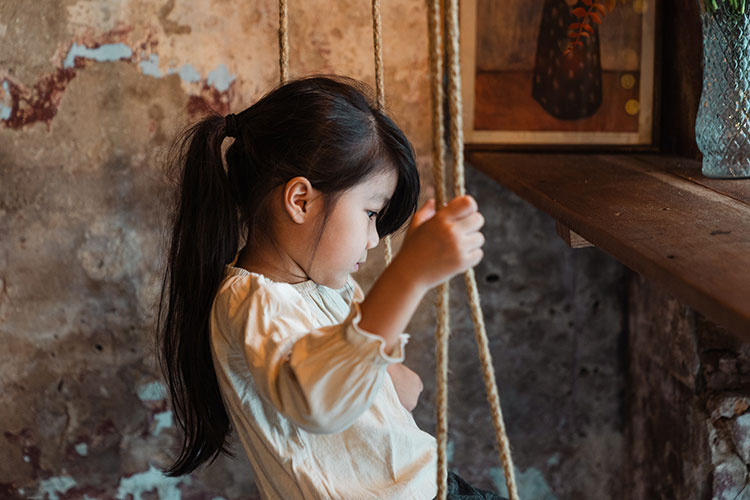OAKLAND — Today Children Now released the 2023 California County Scorecard of Children’s Well-Being, a locally-focused interactive online data tool that delivers a comprehensive picture of children’s conditions in every one of California’s 58 counties.
The Scorecard is available for policymakers, community-based organizations, government agencies, and a range of other diverse stakeholders to easily see how their kids are doing, compare outcomes and share best practices with county neighbors. For state, county, and community leaders, the Scorecard provides data and analysis about the outcomes of their programs and policies and their impact on kids.
We all know that 2020 and 2021 were difficult years for everyone, especially kids. The pandemic exacerbated the struggles of children and their families, widening pre-existing disparities, especially among kids of color and kids in poverty. Data from the 2023 Scorecard shows across a variety of indicators and throughout the state, that California’s kids are still struggling.
“Children in California, especially Black and Brown kids, children living in poverty, and foster youth, have not bounced back from the pandemic. Furthermore, pre-pandemic outcomes were far from sufficient,” Children Now President Ted Lempert said. “The localized data works as a roadmap for our state and community leaders. We see where we must do better for children and their families, and the time is now for our leaders to use this information and act by prioritizing kids and their families.”
The Scorecard is meant to be used to better understand local trends. We encourage people to use it to help inform their work. Children Now can provide customized support as requested. A few key 2023 Scorecard state-wide indicators include:
- Health insurance: Ninety-seven percent of children had insurance in 2022. While California has been very successful in keeping kids insured during the pandemic, we are concerned that many will lose coverage when the national freeze on disenrollment is lifted.
- School testing scores: 2021-22 state testing scores are even lower than the state’s historically low testing scores. The biggest drops were in 8th grade math and 3rd grade reading.
o For example, 29% of eighth graders met standards in math in 2021-22, compared to 37% in 2018-19. Additionally, 42% of third graders met reading standards in 2021-22, compared to 49% in 2018-19.
- Child care: There continues to be a statewide shortage of available state funded child care spaces.
o During 2017, 2019, and 2021, child care spaces have stayed consistent, serving only 25% of the population.
- Child welfare: The overwhelming majority of youth in foster care are not meeting educational standards across subjects.
o In 2021-22, only 18% of third graders in foster care met reading standards, 8% of eighth graders in foster care met math standards, 11% of fifth graders in foster care met science standards, and 4% of youth in foster care were ready for college-level math.
“Too many kids are not thriving today and were not thriving before the pandemic. We shouldn’t use pre-pandemic levels as benchmarks because those outcomes were not acceptable either. Our local and state leaders have an incredible opportunity to rebuild a California that is Pro-Kid. The data and analysis from the Scorecard can help inform their important work improving outcomes for kids in our communities,” Lempert said.
Find out how kids are doing in your county using the 2023 Scorecard at https://scorecard.childrennow.org/?.
Webinar on the 2023 CA County Scorecard of Children’s Well-Being
Join Children Now staff on Tuesday, January 31 at 10:00 a.m. for a free webinar to learn more about the Scorecard, and how to use it in your community. Register at https://us02web.zoom.us/webinar/register/….
•••
Children Now is a non-partisan, whole-child research, policy development and advocacy organization dedicated to promoting children’s health, education and well-being in California. The organization also leads The Children’s Movement of California, a network of over 5,000 direct service, parent, youth, civil rights, faith-based and community groups dedicated to improving children’s well-being.

